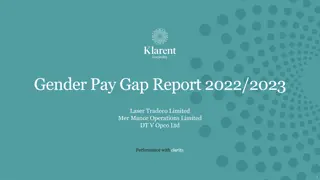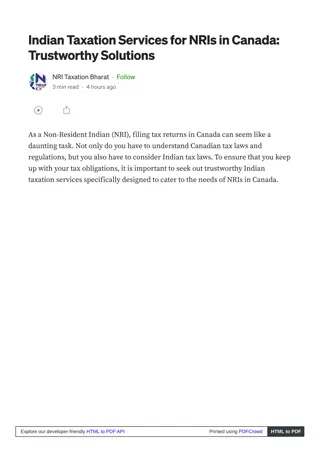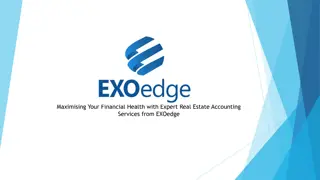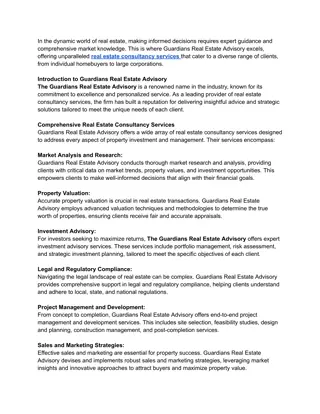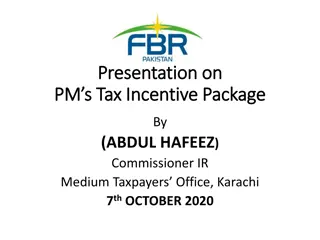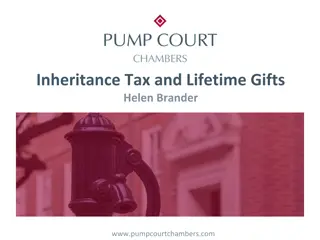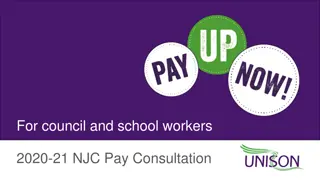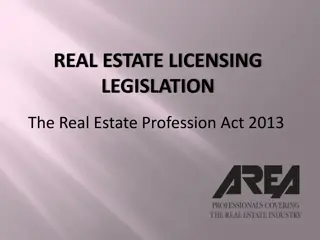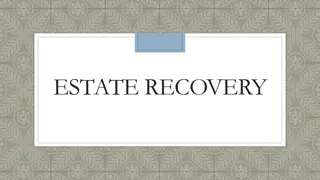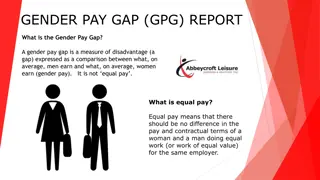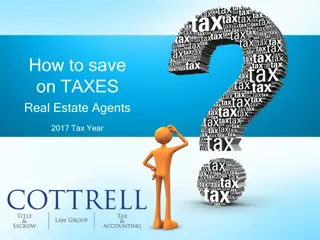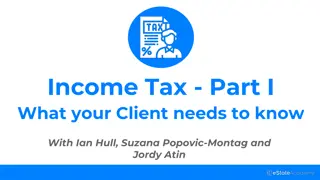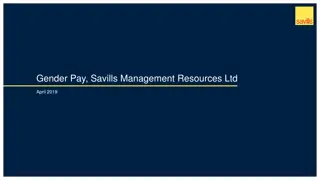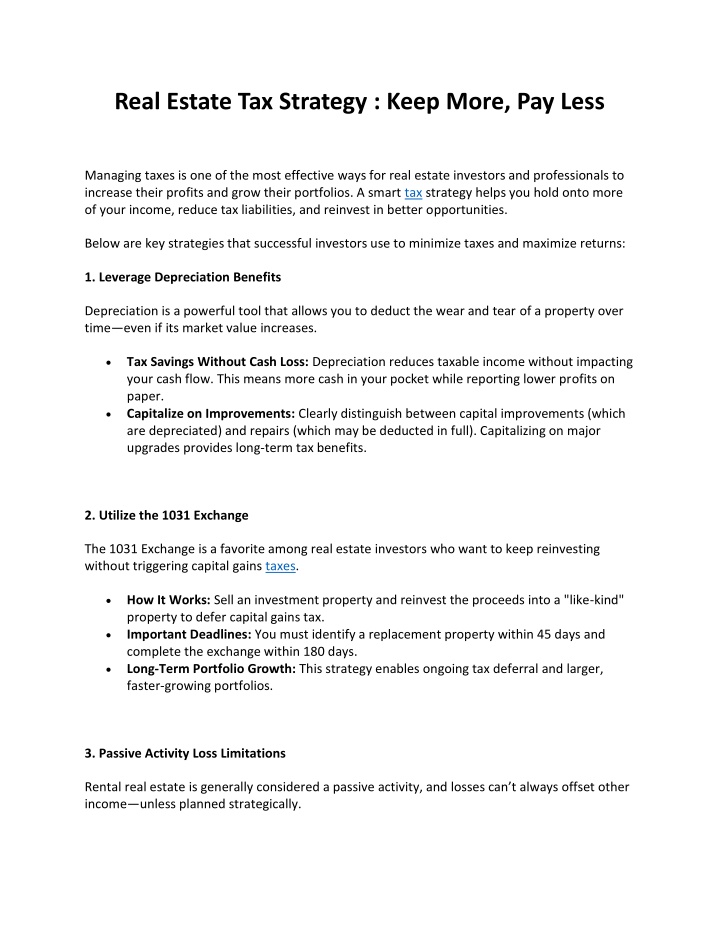
Real Estate Tax Strategy : Keep More, Pay Less
Managing taxes is one of the most effective ways for real estate investors and professionals to increase their profits and grow their portfolios.
Uploaded on | 2 Views
Download Presentation

Please find below an Image/Link to download the presentation.
The content on the website is provided AS IS for your information and personal use only. It may not be sold, licensed, or shared on other websites without obtaining consent from the author. If you encounter any issues during the download, it is possible that the publisher has removed the file from their server.
You are allowed to download the files provided on this website for personal or commercial use, subject to the condition that they are used lawfully. All files are the property of their respective owners.
The content on the website is provided AS IS for your information and personal use only. It may not be sold, licensed, or shared on other websites without obtaining consent from the author.
E N D
Presentation Transcript
Real Estate Tax Strategy : Keep More, Pay Less Managing taxes is one of the most effective ways for real estate investors and professionals to increase their profits and grow their portfolios. A smart tax strategy helps you hold onto more of your income, reduce tax liabilities, and reinvest in better opportunities. Below are key strategies that successful investors use to minimize taxes and maximize returns: 1. Leverage Depreciation Benefits Depreciation is a powerful tool that allows you to deduct the wear and tear of a property over time even if its market value increases. Tax Savings Without Cash Loss: Depreciation reduces taxable income without impacting your cash flow. This means more cash in your pocket while reporting lower profits on paper. Capitalize on Improvements: Clearly distinguish between capital improvements (which are depreciated) and repairs (which may be deducted in full). Capitalizing on major upgrades provides long-term tax benefits. 2. Utilize the 1031 Exchange The 1031 Exchange is a favorite among real estate investors who want to keep reinvesting without triggering capital gains taxes. How It Works: Sell an investment property and reinvest the proceeds into a "like-kind" property to defer capital gains tax. Important Deadlines: You must identify a replacement property within 45 days and complete the exchange within 180 days. Long-Term Portfolio Growth: This strategy enables ongoing tax deferral and larger, faster-growing portfolios. 3. Passive Activity Loss Limitations Rental real estate is generally considered a passive activity, and losses can t always offset other income unless planned strategically.
Carry Forward Excess Losses: Losses that exceed passive income can be rolled forward indefinitely. Use Against Future Gains: These losses can be used in future years to offset rental income or capital gains when selling a property. 4. Qualify for Real Estate Professional Tax Status This status allows you to convert passive losses into active losses that can offset other income, such as salary or business income. Qualifications: You must spend over 750 hours per year on real estate activities, and these must make up more than 50% of your total work. Benefit: If you qualify, you can deduct all rental losses directly from your ordinary income, increasing your tax savings significantly. 5. Utilize Opportunity Zone Investments The Opportunity Zone program encourages investment in underdeveloped communities by offering substantial tax incentives. Tax Deferral: Capital gains can be deferred by reinvesting them in a Qualified Opportunity Fund. Long-Term Benefits: If the investment is held for 10+ years, you may pay zero taxes on the gains from the Opportunity Zone investment itself. 6. Structure Your Business as an LLC or S-Corp Your business structure impacts how your income is taxed and how protected your personal assets are. LLC: Offers liability protection and pass-through taxation, allowing profits and losses to flow through to your personal return. S-Corp: May allow for tax savings through distributions instead of full salary, reducing self-employment taxes. 7. Deduct Home Office and Business Expenses
Whether you're a full-time investor or part-time agent, a home office can be a legitimate deduction. Requirements: The space must be regularly and exclusively used for business purposes. It must be your principal place of business or used for client meetings. What You Can Deduct: Part of your rent or mortgage, utilities, insurance, and even depreciation related to the office space. 8. Utilize Section 179 for Equipment & Assets Section 179 allows businesses to deduct the full cost of qualifying equipment or software in the year it is placed in service. Limits: For 2025, you can deduct up to $1.25 million with a phase-out threshold of $3.5 million. Benefit to Real Estate Pros: Can apply to office furniture, computers, security systems, and business-use vehicles. Final Thoughts For real estate professionals, understanding and applying smart tax strategies isn t just about reducing what you owe it's about building a path to long-term financial growth. Each of these methods provides legal and strategic ways to protect your income, enhance your cash flow, and reinvest with confidence. Working closely with a qualified CPA or tax advisor ensures your strategies are aligned with the latest tax laws and tailored to your portfolio.

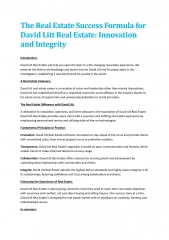
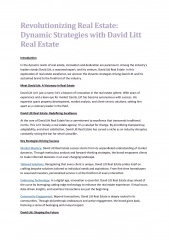
![Town of [Town Name] Real Estate Tax Rates and FY 2024 Budget Summary](/thumb/62211/town-of-town-name-real-estate-tax-rates-and-fy-2024-budget-summary.jpg)

